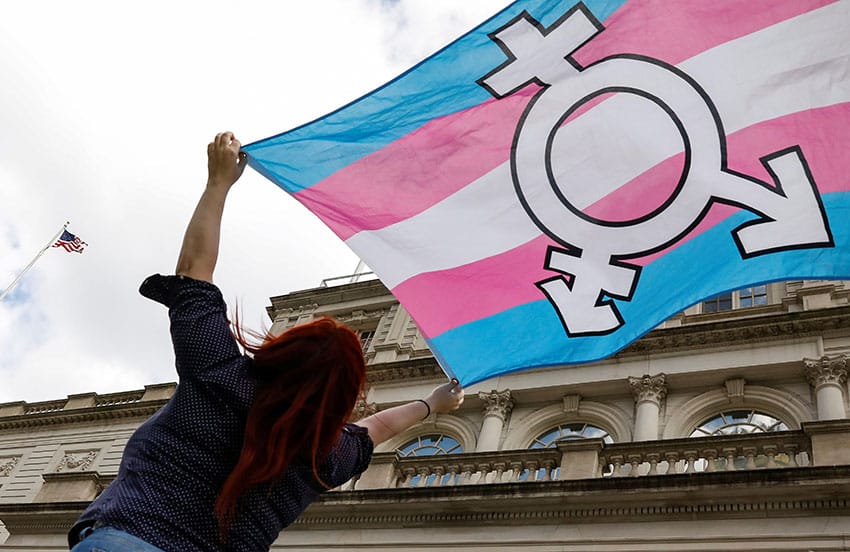
Not everything is going as smoothly as might have been supposed in the era of diverse gender inclusivity and the rights that are claimed by some
It’s an odd day when I am on a unity ticket with a lesbian trying to organise an event titled “Same sex attracted Dances Drag show performances as Drag Kings,”, but my friends, we are living in strange times.
Jess Hoyle is a Tasmanian woman who wanted to organise an event for same-sex attracted women.
She applied to the Tasmanian Anti-Discrimination Commissioner for an exemption from the provisions of anti-discrimination law that would otherwise oblige Hoyle to open the event up to biological males who identify as females.
“As lesbians we find it difficult to meet each other and to be in a safe environment away from the eyes of biological men,” she wrote in her application.
She explained that same-sex attracted women find themselves pressured and bullied into making themselves accessible to the sexual advances of biological men.
Hoyle was arguing that some biological men identifying as females come to lesbian events in order to pressure women to either have sex with them or risk being labelled “transphobic” if they refuse.
She explained it as a type of fetish behaviour that made lesbians uncomfortable and noted that in Victoria, of the 102 lesbian-only spaces that once existed, only three remained.
Sarah Bolt, the Tasmanian Anti-Discrimination Commissioner, declined the exemption. Bolt was of the view that asking a person for their biological sex undermined their right to privacy, could amount to offensive or humiliating conduct, and could even be sexual harassment.
She acknowledged that this could subject the women to unwanted sexual advances and even criminal behaviour and suggested that they should lodge a complaint to the police or other appropriate authority if that occurred.
Hoyle appealed the decision to the Tasmanian Civil and Administrative Tribunal. The Tribunal decided against her as well, saying that it was not desirable to grant the exemption.
The Tribunal even commented that some of the arguments made by Hoyle “do a great disservice to transgender and transsexual communities.”
“… they should also agree that those who share the same religious belief should also be able to create spaces where they get to build relationships and pursue a common goal with others who share those beliefs.”
Hoyle is considering an appeal to the High Court.
It’s extraordinary to step back and look at how far we have come, and so quickly, when it comes to the rights of those who identify as transgender trumping every other right.
Whether it’s the freedom of association or the freedom to simply feel safe when you are trying to find a romantic partner (or a one-night stand), the transgender movement trumps it. Privacy no longer exists.
As surprising as this decision might be, it would be nice if it operated to restore some sanity to the debate about individual and associational freedoms, and the balancing of conflicting rights.
In recent weeks, the Northern Territory parliament passed a law that prohibits religious organisations from requiring anyone except their senior leaders to share the faith of the organisation.
Next year, NSW Independent MP Alex Greenwich will release a bill that will seek to do similar, and a current Australian Law Reform Commission inquiry is tasked with investigating whether religious schools can require their staff to abide by the school’s religious beliefs on marriage and sexuality.
In the public campaigns surrounding these laws, religious institutions have found it very difficult to find any sympathy for wanting to maintain their own ethos.
However, I suspect that those who might not agree that religious institutions should be able to exercise a degree of ‘exclusivity’ when it comes to employment might be sympathetic to a group of lesbians who just want a night out where they are hit on by men.
After all, those who believe that sexual orientation is an attribute worthy of protection by the law should support the ability of those who share the same sexual orientation to create spaces where they can intentionally and safely seek partners.
If people can accept this proposition, then – following this same logic – they should also agree that those who share the same religious belief should also be able to create spaces where they get to build relationships and pursue a common goal with others who share those beliefs.
Perhaps I am being overly optimistic. After all, this debate has not thus far been governed by any form of logic.
